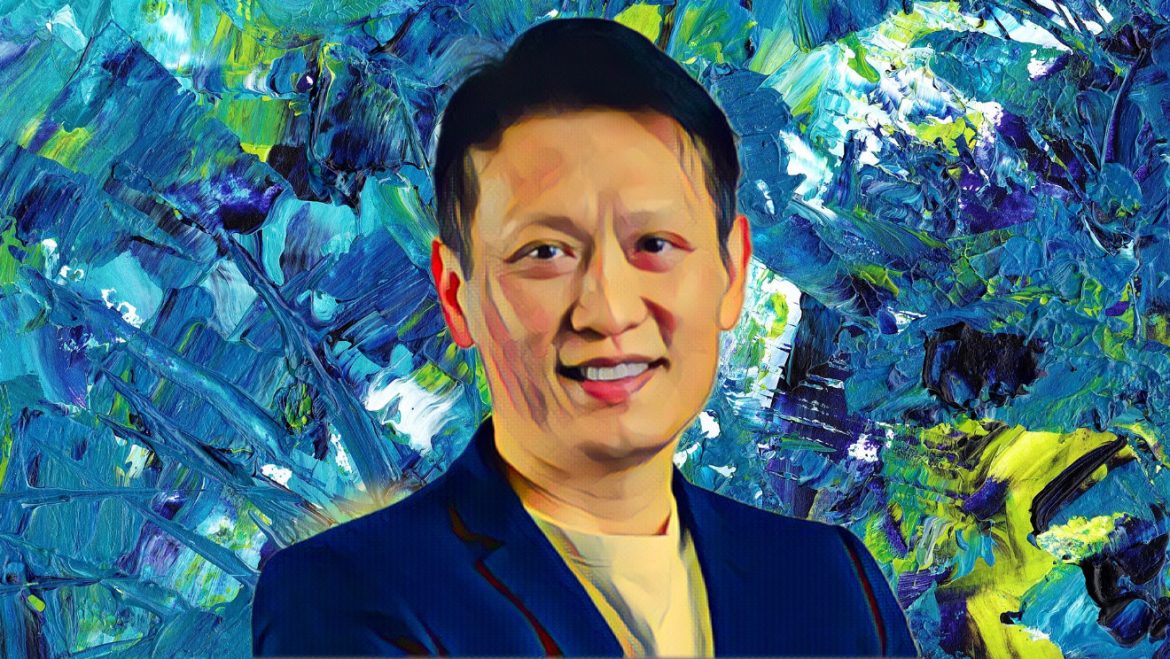The CEO of the cryptocurrency exchange Binance, Richard Teng, made bribery claims that the Federal Government of Nigeria has categorically denied. The New York Times and a recent blog post both covered the details of Teng’s charges. The claims centre on a purported demand for $150 million in Bitcoin in order to settle a criminal lawsuit that Nigerian authorities had filed against Binance.
Teng stated in his testimony that Tigran Gambaryan, a compliance officer at Binance and former American law enforcement agent, got a message requesting the money within 48 hours while on a tour to Nigeria in January. This alleged event occurred prior to Gambaryan and his associate, Nadeem Anjarwalla, being placed under arrest according to directives from the National Security Advisor. Anjarwalla was able to escape to Kenya, while Gambaryan was housed at Kuje Correctional Facility since April 8.
The trial for Binance and Gambaryan, who are accused of tax evasion and money laundering, has been rescheduled until May 17. The CEO implied in his article that the Nigerian government, or individuals in it, had tried to demand a bribe to have the case dismissed in spite of these grave accusations.
But the Nigerian government has harshly reacted to these charges, denouncing them as unfounded. Zakari Mijinyawa, a spokesman for the Office of the National Security Adviser (ONSA), stated that the government is confident in the ability of the Nigerian legal system to decide the case fairly and that it will build its case on substantial evidence and due process.
Prosecutor Ekele Iheanacho, speaking on behalf of the Economic and Financial Crimes Commission (EFCC), contested the accusations as well, highlighting the ongoing legal process and the dedication to a fair resolution. The Attorney-General’s media adviser, Kamarudeen Ogundele, made similar requests to the Minister of Information and the Presidency, implying that the claims are unrelated to any formal charges made against the AG.
Senior officials from different Nigerian agencies questioned Teng’s claims during these denials because they were vague and did not include names of the accused bribers. They implied that in the absence of such information, the accusations might be interpreted as an attempt to compromise the credibility of the Nigerian government and challenged Teng to offer names and verifiable proof to back up his claims.
These answers confirm a trend noted by certain Nigerian officials, who contend that these kinds of accusations are frequently made by international organizations that are being sued in Nigeria and other African nations. They see these allegations as ploys to deflect attention away from the real charges, which in Binance’s case include grave allegations of money laundering and tax violations.
Nigerian civil society organizations (CSOs) have taken notice of the occurrence and have responded by calling for a comprehensive investigation, led by Auwal Musa Ibrahim of the Civil Society Legislative Advocacy Centre. In order to maintain accountability and the integrity of Nigeria’s governance, Ibrahim calls on Teng to be honest and identify the people engaged in the purported bribe request.


